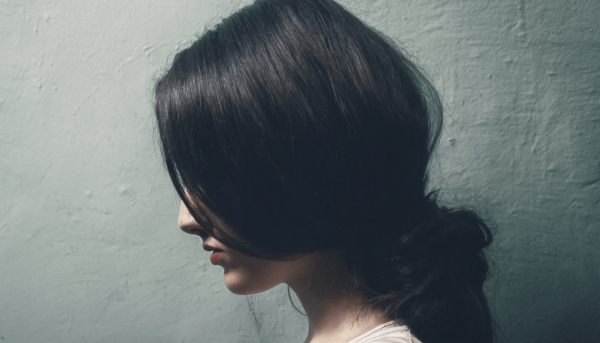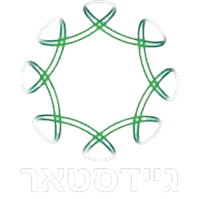Even after she decided to get help, Melissa was in and out of different rehabilitation programs, including long-term inpatient and outpatient programs and halfway houses. She ultimately recovered with the help of Alcoholics Anonymous, the pioneering 12-step program open to those struggling with all types of addictions. “I had tried every other way to stay clean for an extended period of time, and couldn’t,” she says.
She had attended A.A. meetings for several years but began to take the program more seriously at age 25, requesting a sponsor to attend the daily meetings with her and guide her through the program. “Only after the process of working with a sponsor did I understand that I was suffering from a disease,” says Melissa. “Addiction is a disease, but unlike cancer, with addiction comes lying, cheating, stealing, manipulating.”
After moving to Florida several years ago, she began to work as a trained peer advocate for families who have lost, or are at risk of losing, their children because of mental health or substance abuse issues. A shelf near the television in her family room is filled with 12-step manuals and volumes on codependency. She says she now has a life beyond her wildest dreams. She has been sober for six years and six months and got married in 2017. She met her husband through a mutual friend from A.A.—he is also Jewish and a former addict.
She says she no longer struggles as much with the physical pull of opioids, but she does find it challenging to achieve “emotional sobriety”—managing her feelings and coping with everyday life. Friends, family and her therapist provide a support system, as do A.A. meetings several times a week. And she finds strength by sponsoring others. “Helping someone get clean or sober helps me way more than it does them.
“I still fantasize about using,” she adds, “but I know the consequences.”
Despite anecdotal evidence that opioid addiction has grown in the Jewish community just as it has among other groups, no comprehensive statistics track the crisis among Jews, says Zvi Gluck, founder of Amudim, a Jewish-based social service and case management agency with offices in New York, Cleveland and Jerusalem. Between January and July 2018, Amudim served over 2,200 women and men who were fighting addiction, sexual abuse or mental illness. Addiction and sexual abuse are often tied together, he says. Amudim helps people across all denominations as well as some non-Jewish clients. Since June 2015, 40 percent of clients have been women, including 471 cases of women over 25 battling opioid addiction.
Women in particular often fight private wars against their addiction, trapped by guilt and isolation, adds Gluck. He recalls a 42-year-old mother of six in New York who became an addict after being prescribed opioids in the wake of a traumatic rupture during the birth of a child. “She resisted treatment, saying, ‘At least if I end up dead, people will feel bad because my children are yetomim [orphans]. I’d rather die of an overdose than let people know I’m an addict.’ ”
That stigma of addiction is strong in Orthodox circles, says Rena, a 40-something businesswoman and mother of four from western Long Island. Sitting behind her office desk, professionally dressed in a glossy brown sheitel, blue sweater and modest knee-length skirt, it’s hard to imagine her an addict. But for 15 years, she says, “opioids ruled my life.” She requested that her real name not be used because, she says, “I’m not embarrassed about my truth, but the frum community is not very forgiving.”
Rena grew up in a traditionally Jewish but non-Orthodox home, the youngest of four children. “I had all the things a child could want,” she shares, “but I always felt lacking.”
When she was 12, she found a bottle of liquor in a cabinet at home and drank it. “It provided relief and an instantaneous solution to the chaos in my head,” she says.




